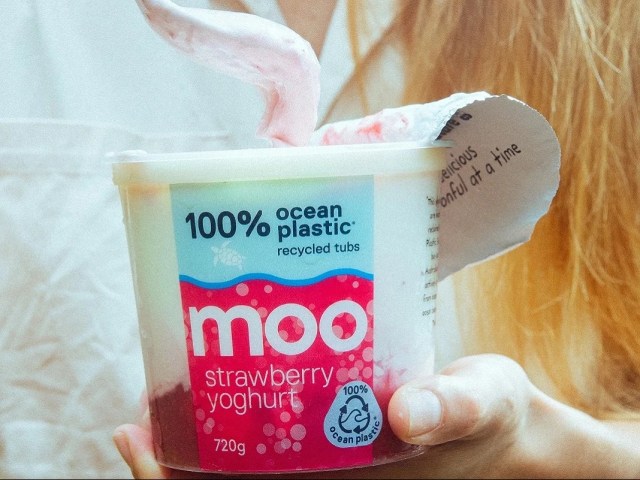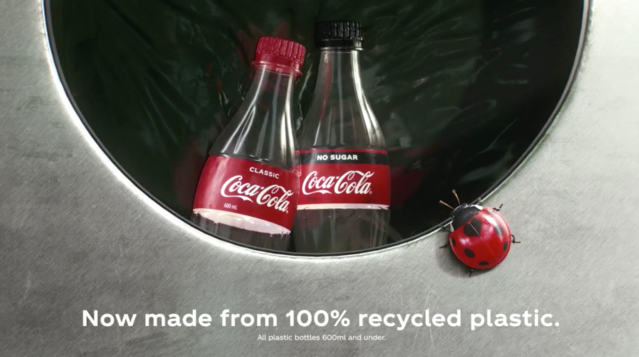
Glad’s parent, The Clorox Company, has partnered with Oceanworks to help develop a new bin liner that would directly contribute to the reduction of ocean bound plastic.
When looking to build on its initial successes with the Glad to be Green product line, Glad’s team sought out the next member of its family of products to make it more sustainable.
In addition, with durability being an essential requirement for any sustainable bin liner, the Glad team needed a reliable source of recycled plastic, since material variations could easily compromise product quality or disrupt manufacturing. At the same time, it wanted to maximsze the social and environmental benefits.
Another key concern was the ability to scale up the program while keeping the cost of goods at an acceptable level. To get its products onto shelves across the region, Glad needed suppliers that could deliver the necessary volume of recycled plastic at a reasonable, consistent, and predictable price point.
Oceanworks emerged as a partner uniquely positioned to help with this challenge due to its focus on identifying and qualifying a large breadth of ocean and ocean bound plastic suppliers and its commitment to quality, reliability, and traceability.
To narrow down the field of potential ocean plastic material options, Glad worked with Oceanworks on several pilot trials to ensure that the product would meet their high standards for strength and performance.
Glad ultimately settled on a 50 per cent blend of ocean bound plastic for its Glad to be Green 50% Ocean Bound Plastic Recycled Bags, all sourced from within 50km of shorelines where there is no formal waste management.
In a unique departure from its usual logistics practices, Glad sources its ocean bound plastic directly then consigns it to its manufacturer, ensuring it meets its rigorous quality and sustainability standards.
From their first meeting in April 2020 to a multi-national rollout, the entire process took 18 months.
As a brand best known for producing millions of units of plastic-based products each year, Glad is committed to also being part of the solution by reducing its reliance on virgin plastic.
Still new to the market, Glad said these bin liners have already stopped the equivalent of four million two-litre plastic milk bottles from entering the ocean. As distribution increases and more consumers adopt these bags, those numbers are expected to grow exponentially over time.
Consumers can further participate in this sustainability journey after their purchase. Each package of these Glad to be Green bags includes a unique batch number that customers can look up online to trace exactly where they have stopped ocean bound plastic from reaching the shore with their purchase, which is powered by Oceanworks Guarantee.
Glad’s leadership in developing and launching this product has already prevented 350 metric tonnes of plastic from entering the ocean and saved the equivalent of 293 metric tonnes of CO2 and more than two million kilowatt hours of electricity by switching to recycled plastic.
“We know consumers across Australia and New Zealand want to reduce plastic waste in our oceans,” The Clorox Company A/NZ marketing director Joy Delis said.
“Glad is on a journey to change the outcome of waste and help tackle this issue by being the first to create a completely new type of bin liner made of 50 per cent ocean bound recycled plastics.”


